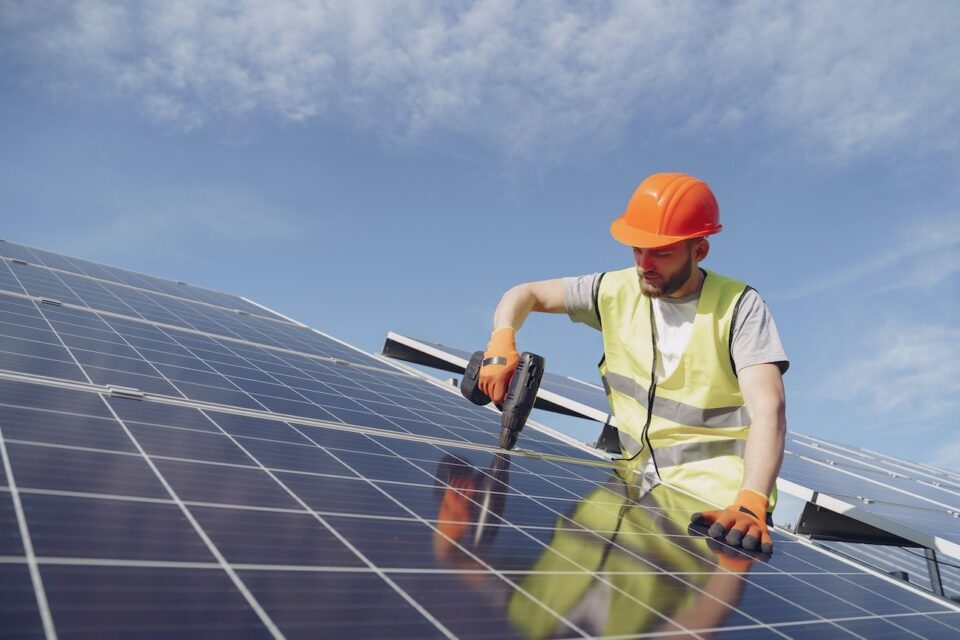The decision to have a solar panel system installed at your home is a sound one from whichever angle you choose to look at it, but, understandably, you may still have some unanswered questions about the process as a whole.
To help you decide whether a solar installation in Calgary is right for you at this moment in time and to come to grips with the process, here are the answers to some commonly asked questions:
Q: Will my property increase in value?
While official data may not exist, recent studies have shown that solar panels have the potential to significantly increase the value of Canadian homes. Researchers studying real estate transactions over a ten-year period found that homes with solar installations sold at an almost 4% premium in comparison to the market’s average selling price.
The age and condition of the solar system can affect prices, along with several other factors, but in general, properties with solar panels tend to sell for more.
Q: What upgrades qualify for the HER+ program rebates?
A: Should you install a minimum of two of the following energy-efficient upgrades in your detached, semi-detached, row townhouse, or mobile home with a permanent foundation you should be eligible for a rebate:
- Attic insulation (up to $750)
- Air sealing (up to $150)
- Exterior wall insulation (up to $3,000)
- Window/door/skylight installation ($40 per opening)
- Basement insulation (up to $1,250)
- Boiler ($1,000)
- Water heater ($400)
- Furnace ($250)
Q: Can my roof support a solar panel system?
A: It’s always wise to have your roof assessed before making inquiries about a solar installation (although a good installation company will be able to do this as well) to make sure it’s structurally sound and doesn’t require any repairs or a complete replacement. Newer roofs are always going to be ideal, especially if they’re constructed from concrete tiles, asphalt shingles, or some other similarly durable material. Roofs made from clay tiles or wood shakes, for example, may not be sturdy enough to support the weight of the panels.
If your roof is old and in need of a replacement, it makes sense to do this at the same time as having solar panels installed.
Q: How do solar panels work?
Solar panels are made up of solar cells designed to trap sunlight and convert it into electrical energy. When sunlight hits the solar cells, the sun’s energy (photons) is transferred to electrons that sit on the material’s surface. By helping electrons to be released from their atoms and begin moving, an electric current is produced during a process called the photovoltaic effect, or PV.
Q: How long do solar panels last?
Due to regular degradation and other factors, solar panels start losing around 0.5% to 0.75% in their output of power with every passing year, meaning that if you had a solar panel system installed today, they would still be capable of producing 85% of their nominal power some two decades down the road. But apart from this small reduction in output, you can expect a well-installed solar panel system to last for up to 30 years.
Q: Do they work when covered in snow?
A: Because solar panels hold onto their heat and are typically installed at an optimal angle, snow is rarely a cause for concern. And, during periods of snowfall, you’ll find that as the energy photons penetrate and strike the surface of the solar panels (which is black), the snow will simply melt and slide down them, leaving the panels wholly unaffected.
If you have any more unanswered questions about solar panels, the installation process, or anything in general about going solar, a local installer of solar panels in Calgary will be more than happy to answer your questions and guide you through the process.

